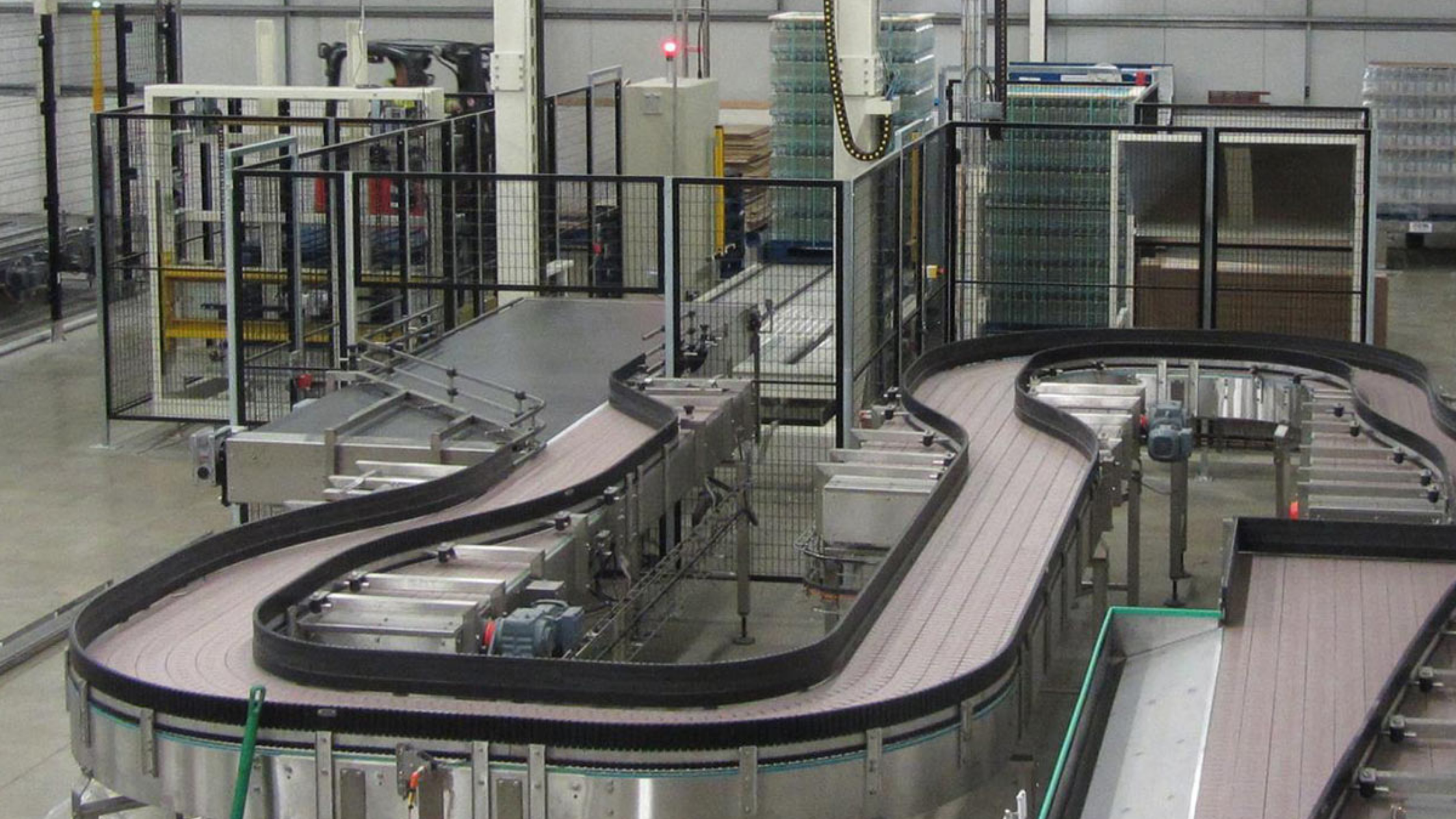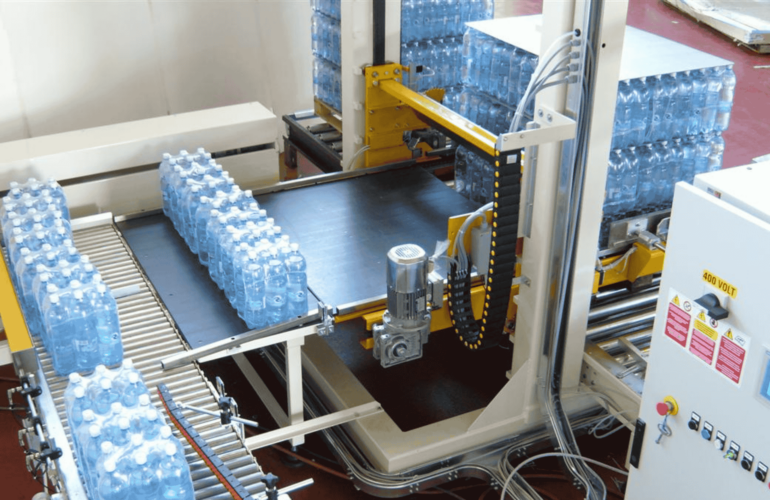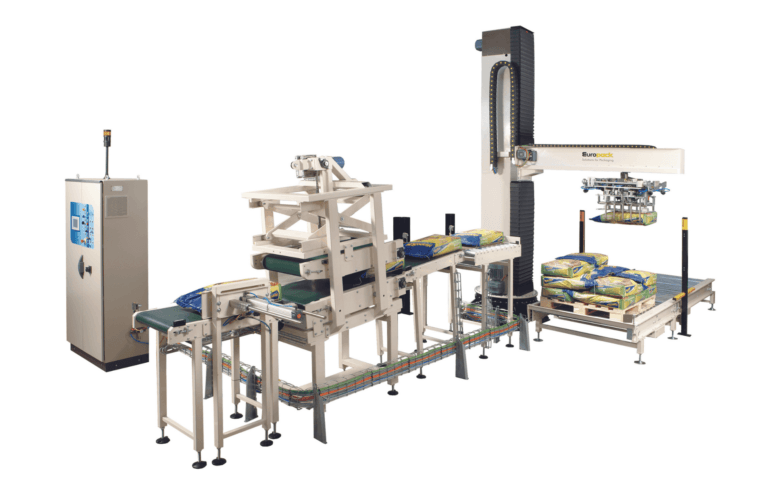With the pandemic ongoing, and independence from Europe achieved, manufacturing has entered a new phase. How will the current situation impact production?
Barriers to the production process
National and global issues currently affecting the manufacturing industry include COVID and Brexit. At the highest level, concerns include:
- Will operators have to conform to social distancing whilst working on a shop floor? Will these measures stay in place for good?
- Will Brexit mean that there will be a shortage of unskilled labour from Europe?
These are big questions, and the impact for both manufacturers and machinery suppliers will be significant.
Social distancing
There are indications that social distancing will be an ongoing reality. The tier system has recently been implemented, and Boris Johnson said that current social restrictions will be in place for at least six months. Despite over 150 vaccines being developed simultaneously, there’s no guarantee that ongoing protection will be offered.
But how practical is ongoing social distancing in a manufacturing environment? There are obviously measures that can and have been taken. These have so far included:
- Reducing team sizes
- Introducing flexibility in working hours
- Educating staff to maintain their distance
- Providing PPE and sanitation stations
- Introducing physical barriers to act as reminders
- Providing personal tools or equipment
It’s possible to manage, with careful planning, dedicated resources and trust in employee compliance, but factory workers have been the source of major outbreaks of the virus in the UK and beyond.
As PWC found, safeguarding the workforce is paramount and “for companies vulnerable to a viral outbreak within their ranks, this would be a critical time to explore a proactive deployment of automation technologies.”
As well as the time and cost savings that automation provides, it fulfils an obvious need for maintaining the health and safety of a workforce, and can even boost production efficiency.
European labour
Before Coronavirus had fully taken hold, Britain’s immigration laws were being overhauled to cut ‘cheap EU labour’, closing the borders to unskilled workers. The points-based system which also applies to EU citizens will be introduced in January 2021, ending the possibility of factories and other places of work relying on migrants for cheap labour, as they simply wouldn’t get a visa.
The impact of this will be that manufacturers will either evolve – investing in automation – or be restricted by ever increasing wages.
The UK government website states, “We need to shift the focus of our economy away from a reliance on cheap labour from Europe and instead concentrate on investment in technology and automation.”




